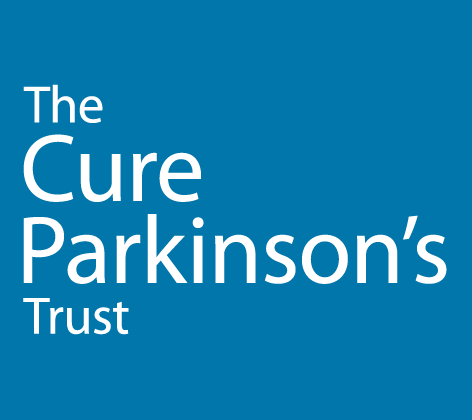HYPE?
Media portrayal:

HOPE?
Scientific interpretation:
Big data shed light on inflammatory bowel disease therapy and Parkinson’s risk
Original article: Anti–tumor necrosis factor therapy and incidence of Parkinson disease among patients with inflammatory bowel disease, JAMA Neurology: April 23, 2018.
The takeaway
By analyzing a large insurance claims database, researchers have replicated the link between gut inflammation and Parkinson’s. Furthermore, they found that treatment for inflammatory bowel disease using antibodies against TNFa, a chemical substance released by immune cells, may reduce Parkinson’s risk.
Why is it important?
This study indicates the potential of big data approaches and virtual repurposing carried out through advanced analytic techniques to open up new hypotheses and new potential treatment avenues.
%
IMPACT
- Novelty 70%
- Proximity 45%
- Deliverability 60%
Impact Opinion
This is a very interesting study adding further evidence to the gut-brain axis problem in Parkinson’s. A deeper understanding of the link between inflammation in the bowel and risk of developing Parkinson’s will play a critical role in treating and preventing this condition. The current study suggests that anti-TNF therapy could be used to prevent or delay the onset of Parkinson’s in high-risk individuals, especially people with LRRK2 mutations. – Dr Tilo Kunath
Background
Efforts to solve thorny problems in medicine are increasingly turning to big data, often by pooling together databases from individual studies and searching for associations and trends within these. This is a particularly helpful strategy especially if one is looking for associations between events that are relatively infrequent. A novel approach to big data in a healthcare context is mining insurance claims databases as a means of answering such questions.
Smaller individual studies have revealed intriguing patterns between inflammatory gut conditions such as Crohn’s which increases the risk for Parkinson’s by almost a third. A recent study interrogated a database of 170 million individuals, and succeeded in replicating this rate of increased risk.
The details
If Parkinson’s and IBD share a common disease network, then might drugs used to target one, help combat the other? In particular, could repurposing one of these drugs, anti-TNFa therapy, reduce the risk for Parkinson’s? TNFa is a chemical substance released by immune cells in the context of inflammation, and is known to be elevated in Parkinson’s as well as autoimmune conditions that cause inflammation. Circumventing all the difficulties, costs and risks of large scale clinical trials, a virtual repurposing trial was performed simply by analysing this large dataset. The long term outcomes in people with IBD who had received this therapy were compared to those who hadn’t, demonstrating that anti-TNFa therapy can reduce the risk for Parkinson’s by 78%.
Next steps
Big data approaches and virtual trials come with health warnings. Among the issues to consider are observations of associations which do not necessarily imply causation. In the context of this work on anti-TNFa, the precise mechanism of action is unclear, given that the antibodies that block the action of TNFa don’t actually cross into the brain. Factors such as smoking could not be factored in, although it is known that it is associated with a lower risk for Parkinson’s. Gender differences, with benefits favouring males more than females, also merit further research.
Related work
Link between Crohn’s and Parkinson’s –https://www.parkinsonsmovement.com/lrrk2-gene-crohns-parkinsons/
Where can I learn more?
See Editorial:
Olsen, AL, Riise, T, Brundin, P. (2018). Discovering new benefits from old drugs with big data – Promise for Parkinson disease. JAMA Neurol. doi:10.1001/jamaneurol.2018.0345
Original article: Peter I, Dubinsky M, Bressman S, et al 2018. Anti–tumor necrosis factor therapy and incidence of Parkinson disease among patients with inflammatory bowel disease.



